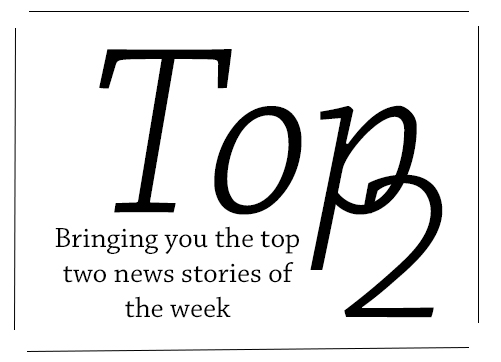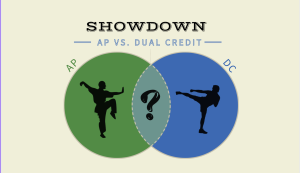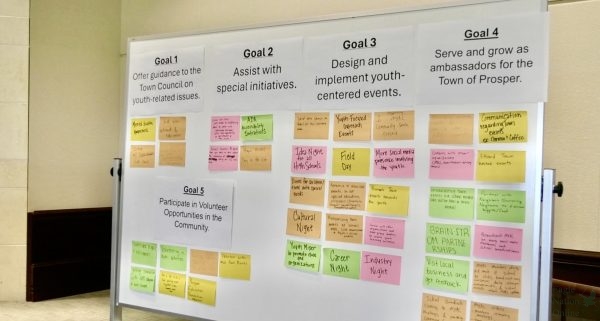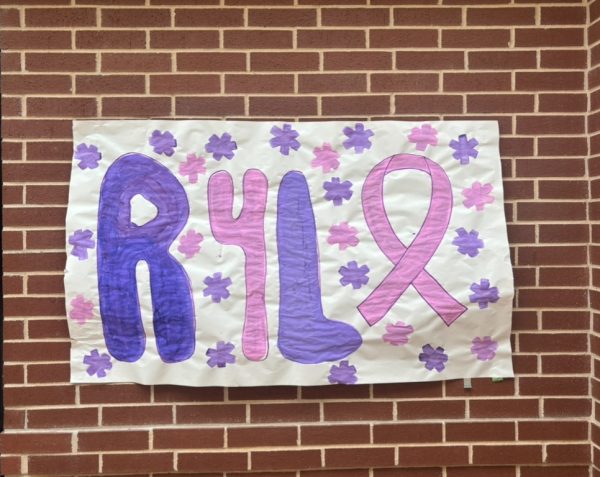U.S. forces kill ISIS leader, Twitter bans political ads

Catherine Jackson and Renee Watters
Publishing every Friday, “The Top 2” recaps the two most notable and important stories from the week (Saturday-Thursday). Assistant Editor Ryan Stanley covers topics ranging from issues in the U.S. to problems worldwide. For more information on stories, refer to the embedded links within the article.
November 4, 2019
1. President Donald Trump announced that ISIS leader Al-Bahgdadi was killed by U.S. Forces on Sunday. The ISIS leader was trapped by U.S. forces in a tunnel in Northwest Syria, where Al-Bahgdadi set off a bomb, killing himself. Military dogs who helped on Sunday have received national attention, including war dog Conan who was injured in the raid and will be visiting the White House soon as an “American Hero.”
Why this matters
New updates about ISIS and terrorist attacks are constantly on our news feeds and televisions. Although there is still terrorism in the world, this is a step closer to stopping terrorism or at least making it as least common as possible. It knocks ISIS down with a hard blow to its main leader, which will hopefully be a beginning to the end of the terrorist group.
2. Twitter will ban all political and controversial-topic ads as announced on Wednesday. The social media platform has been praised for the move with users saying that the political ads don’t affect their opinions. While others, including both Republican and Democrat politicians as well as Facebook CEO Mark Zuckerberg, believe the blocking if these ads is a violation of free speech. Twitter decided on the ban after the site was criticized for allowing videos released by politician Elizabeth Warren and President Donald Trump that stated false information.
Why this matters
Social media, specifically Twitter, is common in high schools all around the U.S. While these ads were a way for students to see many different candidates for elections, oftentimes students ignored the ads that pop up on Twitter and other social media platforms. The banning of these ads means students should do their own research about political topics and candidates, and also allows for students not to rely solely on social media for their daily news.




















